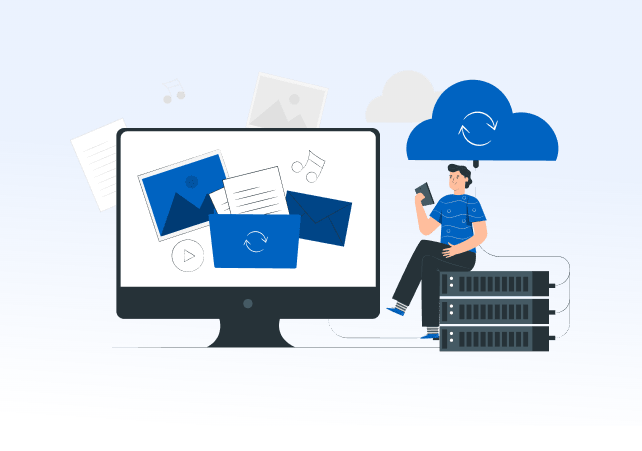In the fast-paced world of technology, businesses are constantly seeking ways to optimize their software development and IT operations. Enter DevOps, a set of practices that combines development and IT operations to streamline the software delivery process. DevOps has become a game-changer, enhancing collaboration, reducing lead times, and improving the quality of software releases. However, to fully leverage the benefits of DevOps, you need to hire DevOps developers who can spearhead your transformation. In this comprehensive guide, we'll delve into the world of DevOps and provide you with valuable insights on how to hire top-notch DevOps developers to elevate your organization to new heights.
Understanding DevOps
What is DevOps?
DevOps is a portmanteau of "Development" and "Operations," and it represents a cultural and technical shift within an organization aimed at improving collaboration and communication between development and IT operations teams. It involves automating processes, continuous integration and continuous delivery (CI/CD), and fostering a culture of shared responsibility. The core principles of DevOps include automation, collaboration, and monitoring.
Why DevOps Matters
DevOps is crucial for businesses today as it accelerates the software development lifecycle, shortens release cycles, and enhances product quality. It allows organizations to adapt quickly to market changes, reduce operational costs, and improve customer satisfaction. In the age of digital transformation, DevOps has become a competitive advantage for companies striving to stay ahead in the race.
The Role of DevOps Developers
DevOps Engineer Responsibilities
DevOps developers, often referred to as DevOps engineers, play a pivotal role in the implementation of DevOps practices within an organization. Their responsibilities include:
-
Automation: DevOps engineers automate manual tasks, ensuring that repetitive processes are streamlined, which leads to higher efficiency.
-
Continuous Integration and Continuous Deployment (CI/CD): They design and maintain CI/CD pipelines, enabling the rapid and reliable release of software.
-
Infrastructure as Code (IaC): DevOps engineers manage infrastructure using code, making it more consistent and easily reproducible.
-
Monitoring and Troubleshooting: They establish robust monitoring systems to detect and resolve issues quickly.
-
Collaboration: DevOps engineers foster collaboration between development and operations teams, ensuring a smooth flow of communication.
How to Hire Top DevOps Developers
Finding and hiring exceptional DevOps developers is not an easy task, but with the right approach, you can assemble a world-class team. Here's a step-by-step guide:
1. Define Your Requirements
Before you start the hiring process, clearly define your requirements. Understand what skills and experience are essential for the role. Identify whether you need generalists or specialists and what tools and technologies are critical for your organization.
2. Create a Compelling Job Description
Craft a job description that is both informative and appealing. Highlight the responsibilities, required skills, and the culture of your organization. A well-crafted job description attracts the right candidates.
3. Leverage Online Job Platforms
Utilize online job platforms like LinkedIn, Indeed, and specialized tech job boards to post your job opening. Make sure to include relevant keywords in your job posting to increase its visibility.
4. Network Within the DevOps Community
Engage with the DevOps community through social media, forums, and local meetups. This can help you connect with potential candidates and gain insights into the latest industry trends.
5. Conduct Thorough Interviews
When conducting interviews, focus on assessing both technical and soft skills. Ask candidates to share their experiences and work on real-world scenarios to evaluate their problem-solving abilities.
6. Test Their Skills
Consider assigning a practical test or task to evaluate a candidate's hands-on skills. This can provide valuable insights into their ability to perform on the job.
7. Check References
Don't skip the reference-checking step. Contact the candidate's previous employers or colleagues to gain a better understanding of their work ethic and interpersonal skills.
8. Offer Competitive Compensation
To attract top DevOps talent, ensure that your compensation package is competitive. DevOps professionals are in high demand, and offering a competitive salary and benefits package can make your offer more appealing.
Conclusion
In today's technology-driven landscape, DevOps is not just a buzzword—it's a critical component of any successful software development and IT operations strategy. To harness the full potential of DevOps, you need a skilled and dedicated team of DevOps developers who can navigate the complexities of automation, CI/CD, and collaboration.
Hiring DevOps developers is a strategic investment in your organization's future. By following the steps outlined in this guide, you can ensure that you find the best talent to drive your DevOps initiatives forward. With the right team in place, your organization will be well-positioned to stay competitive in a rapidly evolving digital world.
